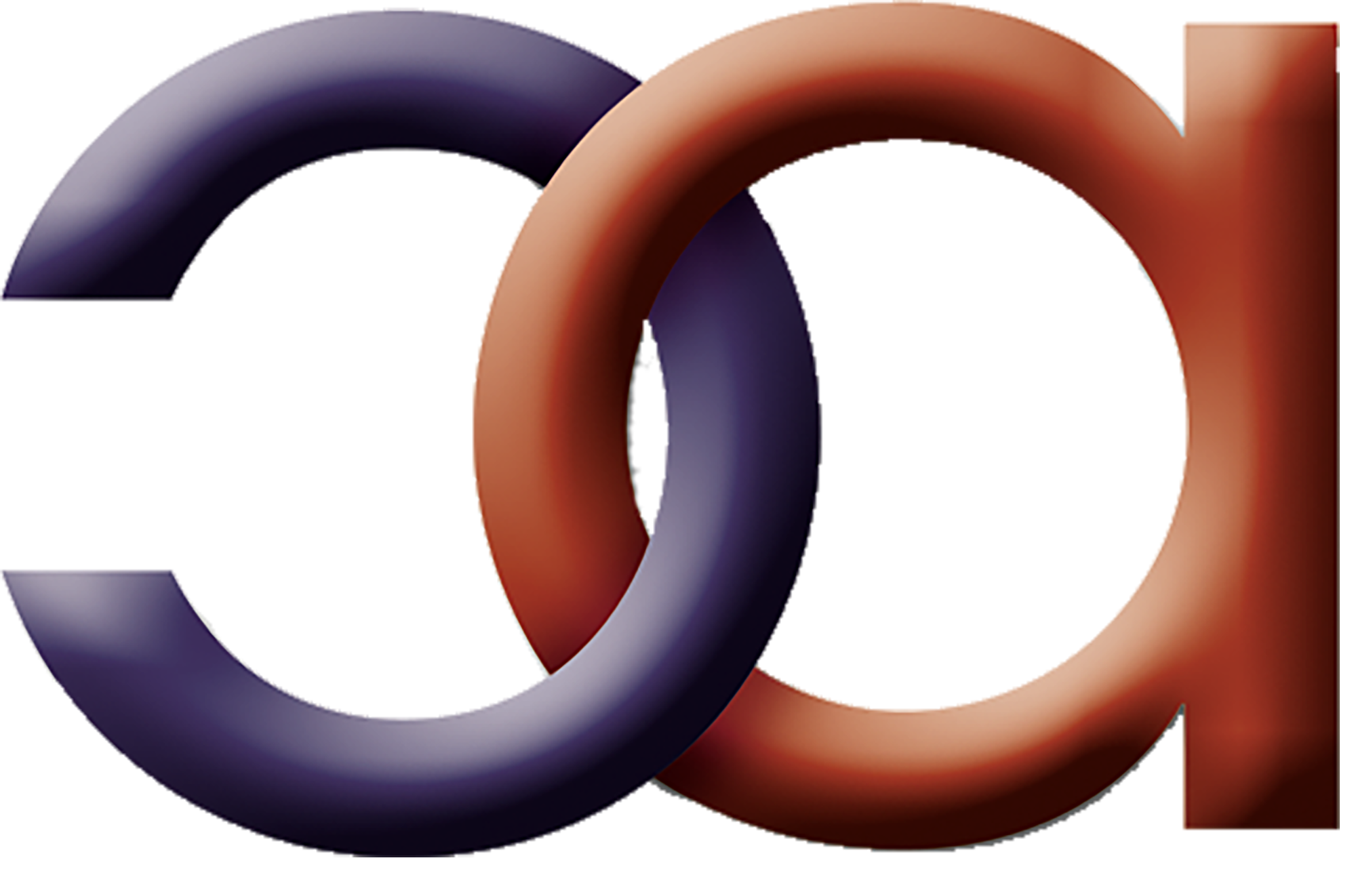CARAS Webinar: Neurodiversity and Kink-BDSM; Sunday, September 17, 2023
Neurodiversity and Kink-BDSM
Presenter: Ariel E. Pliskin, MSW, LCSW
Acknowledgment to Hanna Vaughn, MSW, LCSW
Sunday, September 17, 2023: 10-11:00 am (US Pacific)/11am-12:00pm (US Mountain)/noon-1:00pm (US Central)/1-2:00 pm (US Eastern)/6-7:00pm (London)/7-8:00pm (Central European - Prague, Berlin, Stockholm)
To register for the webinar, please visit: https://forms.gle/7fpdaT3T5Ki66QN58
Attendees may earn 1 Continuing Education (CE) credit
Cost: Attendance is free for all CARAS subscribers.
Attendance with CE credit is free for CARAS Professional and Student subscribers, and $40 for others.
Attendance without CE credit for non-subscribers is $25
Pre-registration is required. Registration will close at 3pm (Pacific)/6pm (Eastern) on Saturday, September 16, 2023. Please register early!
Abstract
This webinar will provide an overview of relevant findings from the recent behavioral and social science literature addressing neurodiversity, and connect this literature to research and clinical practice addressing kink and BDSM.
Several findings are relevant and will be discussed in the webinar. Among these, kink may meet distinct sensory needs as a form of self-stimulatory behavior, or "stimming." Norms of explicit negotiation and consent can meet a neurodivergent preference for clear structure and explicit, literal language. BDSM provides opportunities to hyperfocus and experience "flow" as a positive psychological state.
Current clinical and community experience suggests that Kink-BDSM communities challenge normative scripts that may be harmful to neurodivergent people and others. Alternative sexuality communities can offer inclusion and accommodation to neurodivergent people who have faced exclusion, prejudice and discrimination.
This webinar will be relevant to clinicians who work with clients who are neurodivergent and kinky, students and scholars conducting research on neurodiversity and kink-BDSM, and community members and others with an interest in neurodiversity and intersections with kink, BDSM, and other non-normative sexualities.
Learning Objectives
At the end of this webinar, participants will be able to:
Describe the scientific literature addressing autism and related conditions that today are grouped under the broader rubric neurodiversity.
List neurodivergent sensorimotor needs and identify sexual and BDSM activities which may satisfy them.
Explain how the neurodiversity paradigm differs from the pathology paradigm and the relevance of this to research and clinical practice.
Presentation Content Level: Introductory - Intermediate. This webinar will provide an introduction to the topic but also provide an opportunity for discussion at a more advanced level that presupposes basic knowledge of alternative sexualities communities and related clinical practice guidelines.
About the Presenter
Ariel Pliskin, MSW, LCSW (they/them) is an autistic ADHDer. They offer psychotherapy and sex education in Massachusetts. Ariel's published scholarly work and presentations address autism and neurodivergence, and these are a focus of their current clinical and research interest.
References
American Psychiatric Association. (2022). Diagnostic and Statistical Manual of Mental Disorders (5th, Text Revision Edition). American Psychiatric Association.
Barnett, J. P., & Maticka-Tyndale, E. (2015). Qualitative exploration of sexual experiences among adults on the autism spectrum: Implications for sex education. Perspectives on Sexual and Reproductive Health, 47(4), 171–179. https://doi.org/10.1363/47e5715
Beacher, F. D., Minati, L., Baron-Cohen, S., Lombardo, M. V., Lai, M. C., Gray, M. A., Harison, N. A., Critchley, H. D. (2012). Autism attenuates sex differences in brain structure: A combined voxel-based morphometry and diffusion tensor imaging study. American Journal of Neuroradiology, 33(1), 83-89. https://doi.org/10.3174/ajnr.A2880 [Open Access]
Bettelheim, B. (1967). Empty fortress. Simon and Schuster
Boucher, N. B. (2018). Relationships between characteristics of Autism Spectrum Disorder and BDSM behaviors. Honors Thesis. Ball State University.
Cazalis F, Reyes E, Leduc S and Gourion D (2022). Evidence That Nine Autistic Women Out of Ten Have Been Victims of Sexual Violence. Frontiers in Behavioral Neuroscience, 16:852203. https://doi.org/10.3389/fnbeh.2022.852203 [Open Access]
Chapman, R. (2016) A case study of gendered play in preschools: how early childhood educators’ perceptions of gender influence children’s play. Early Child Development and Care, 186:8, 1271-1284, https://doi.org/10.1080/03004430.2015.1089435
Gougeon, N. A. (2009). Sexuality education for students with intellectual disabilities, a critical pedagogical approach: Outing the ignored curriculum. Sex Education, 3(9), 277–291. https://doi.org/10.1080/14681810903059094
Kallitsounaki, A., & Williams, D. (2020). A relation between autism traits and gender self-concept: Evidence from explicit and implicit measures. Journal of Autism and Developmental Disorders, 50(2), 429–439. https://www.ncbi.nlm.nih.gov/pmc/articles/PMC6994450/ [Open Access]
Markram, K., & Markram, H. (2010). The intense world theory--a unifying theory of the neurobiology of autism. Frontiers in Human neuroscience, 4, 224. https://doi.org/10.3389/fnhum.2010.00224 [Open Access]
Mattelin, E., & Volckaert, H. (2017). Autism and Solution-focused Practice. Jessica Kingsley Publishers.
Pliskin, A. E. (2022). Autism, Sexuality, and BDSM. Ought: The Journal of Autistic Culture, 4(1). https://doi.org/10.9707/2833-1508.1107 [Open Access]
Price, D. (2022). Unmasking autism: Discovering the new faces of neurodiversity. Harmony Books.
Schöttle, D, Briken, P, Tüscher & Turner, D. (2017). Sexuality in autism: hypersexual and paraphilic behavior in women and men with high-functioning autism spectrum disorder. Dialogues in Clinical Neuroscience, (19) 4. https://doi.org/10.31887/DCNS.2017.19.4/dschoettle [Open Access]
Seers, K. & Hogg, R. C. (2021) ‘You don’t look autistic’: A qualitative exploration of women’s experiences of being the ‘autistic other.’ Autism 25(6), 1553-1564. https://doi.org/10.1177/1362361321993722
Silberman, S. (2015). Neurotribes: the legacy of autism and the future of neurodiversity. Penguin Group USA.
Sprott, R., & Randall, A. (2017). Health disparities among kinky sex practitioners. Current Sexual Health Reports, 9(3), 104-108. https://doi.org/10.1007/s11930-017-0113-6
Sprott, R. A., Randall, A., Smith, K., & Woo, L. (2021). Rates of injury and healthcare utilization for kink-identified patients. The Journal of Sexual Medicine, 18(10), 1721-1734. https://doi.org/10.1016/j.jsxm.2021.08.001 [Open Access]
Walker, N. (2021). Neuroqueer Heresies: Notes on the neurodiversity paradigm, autistic empowerment, and postnormal possibilities. Fort Worth, TX: Autonomous Press.
Wattel, L. L., Walsh, R. J., & Krabbendam, L. (2022). Theories on the Link Between Autism Spectrum Conditions and Trans Gender Modality: a Systematic Review. Journal of Autism and Developmental Disorders, 1-21. https://doi.org/10.1007/s40489-022-00338-2 [Open Access]
About the CARAS Education Program
CARAS is approved by the American Psychological Association to sponsor continuing education for psychologists. CARAS maintains responsibility for this program and its content.
For more information about the CARAS Education Program, including CE policies and procedures, please visit https://caras-researchlink.org/education
